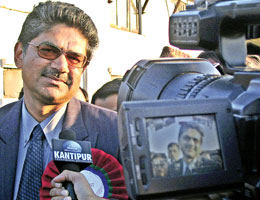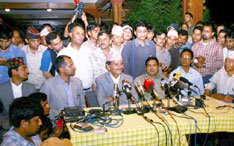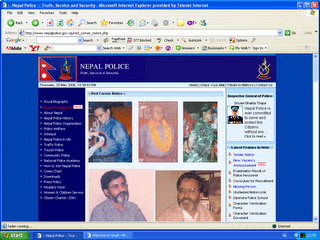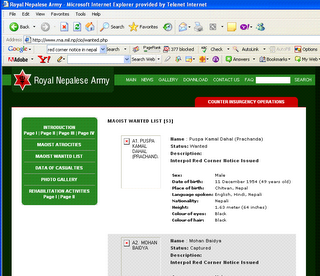CIAA filed case
The Commission for Investigation of Abuse of Authority (CIAA) has filed a corruption case against overseer of Janakpur municipality Sunil Kumar Thakur at the Special Court, Kathmandu. Thakur has allegedly submitted fraudulent educational certificates of Intermediate in Architect Engineering from Tribhuwan University, Institute of Engineering, Pulchowk for the purpose of getting job in municipality office.
The Commission is reported to have claimed that the extreme punishment should be given to him as per the Corruption Control Act for his crime of submitting duplicate academic certificates to obtain government job.
Meanwhile, The Commission for Investigation of Abuse of Authority (CIAA) is set to depute teams including officers of the commission for carrying out training, interaction, inspection and research to be held from May 31in various nine districts.The training, interaction and inspection will be carried out in Mustang, Parbat, Nuwakot, Kavre and Dhanusha districts while Kaski, Baglung, Rasuwa and Mahottari are other districts where research and inspection will be conducted.
According to CIAA, some 15 participants including chiefs and other employees of the offices will take part in the training related to corruption control to be conducted in districts. Similarly, various district-based office chiefs and representatives of civil society are taking part in the interaction programme.






